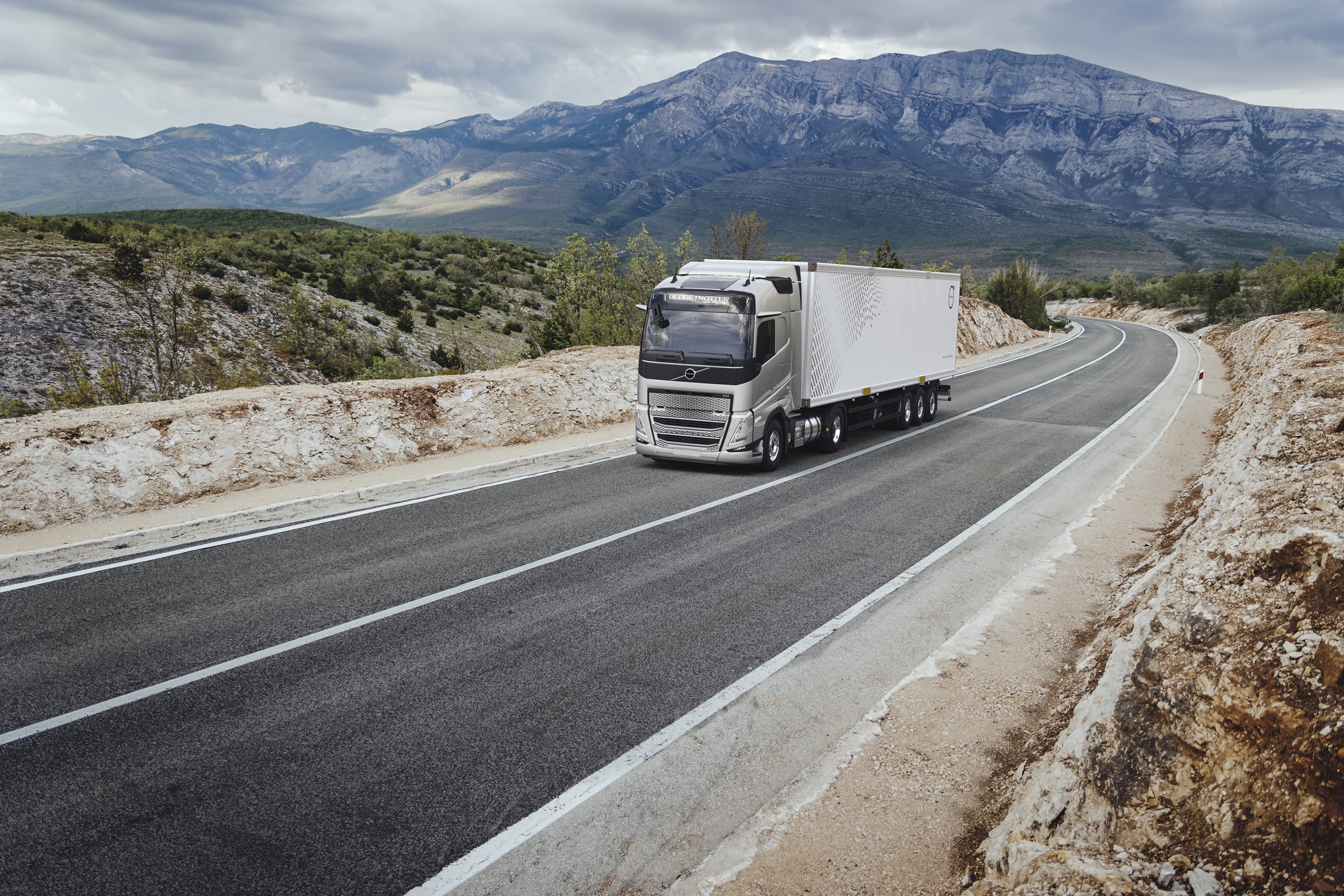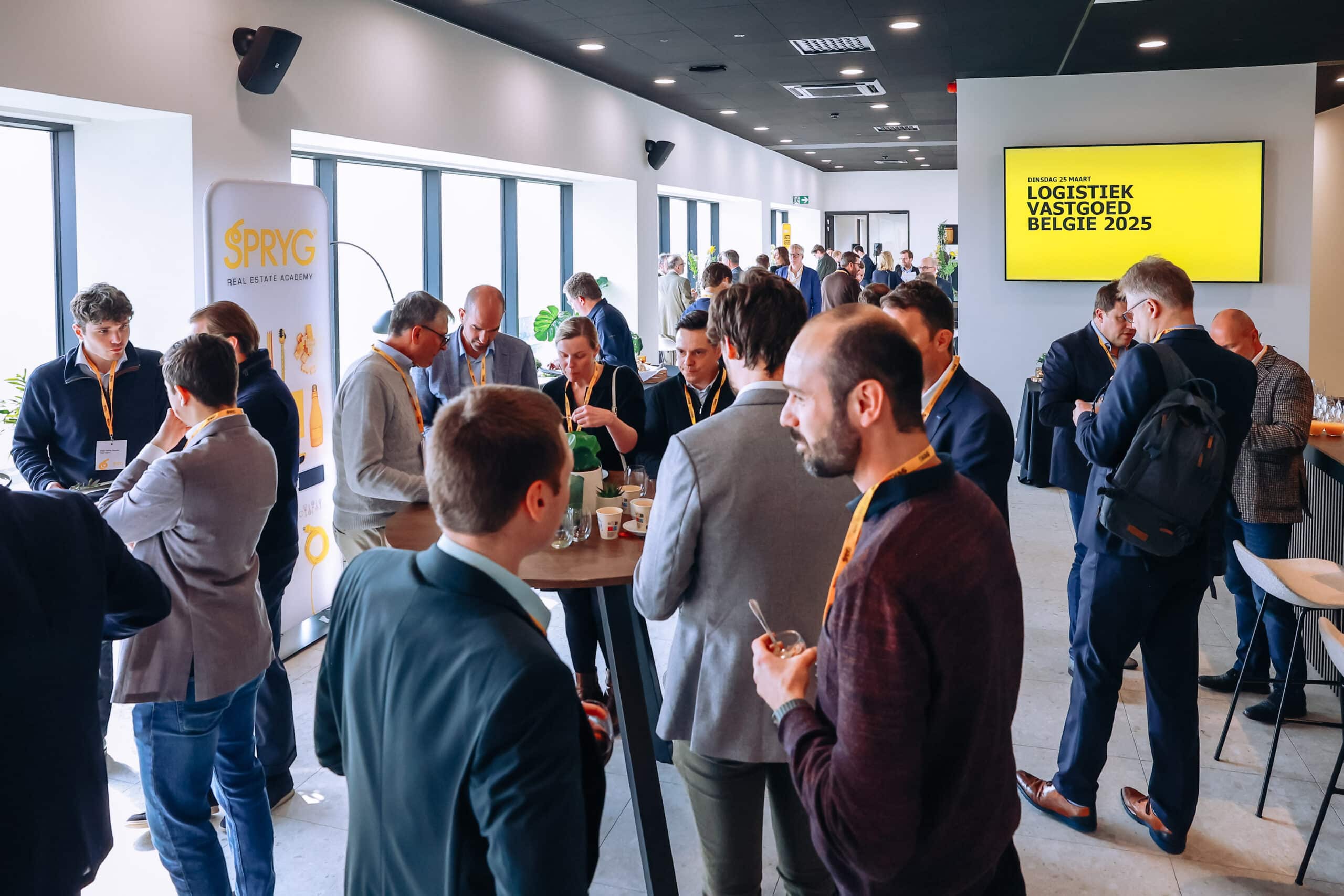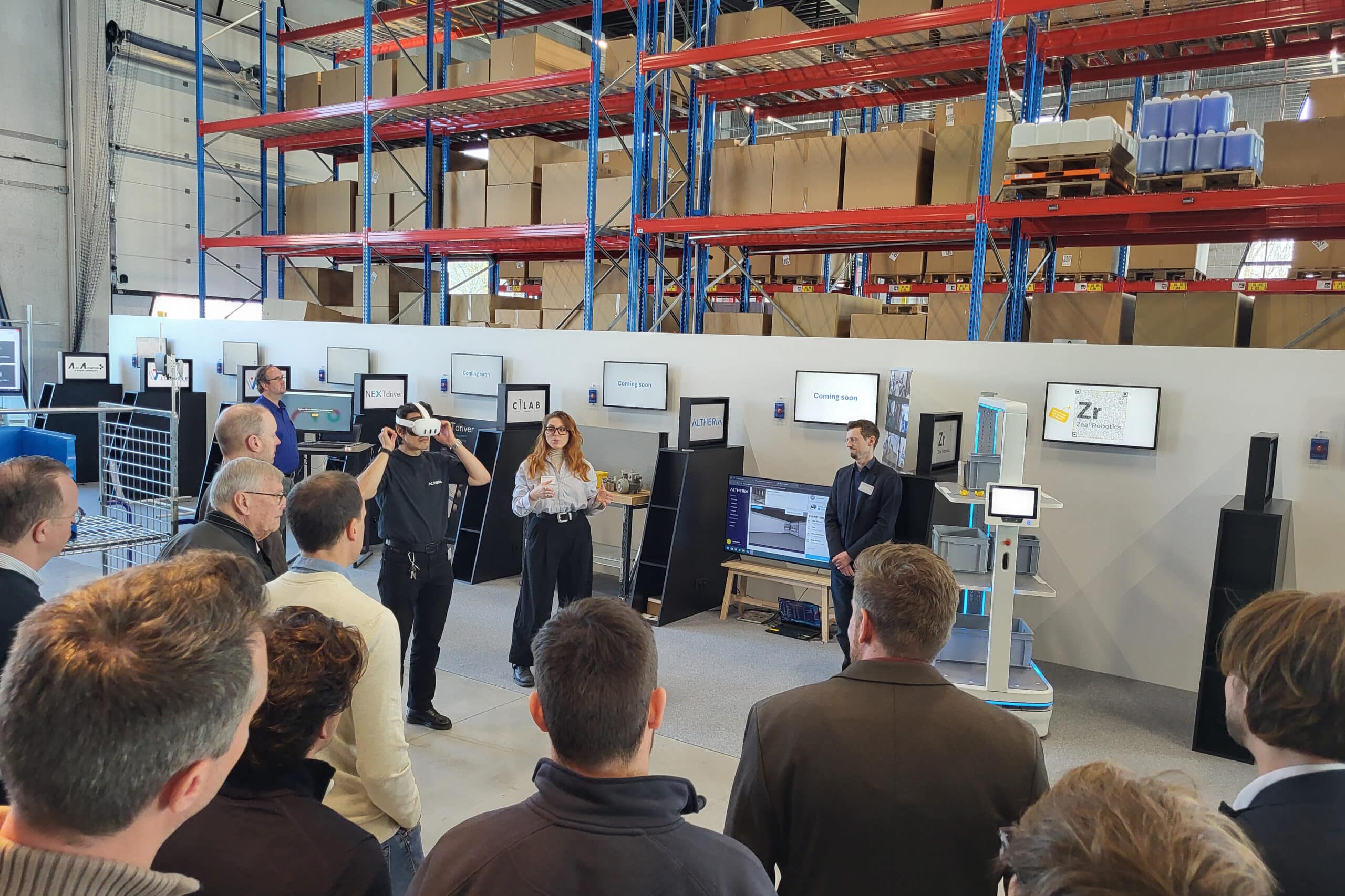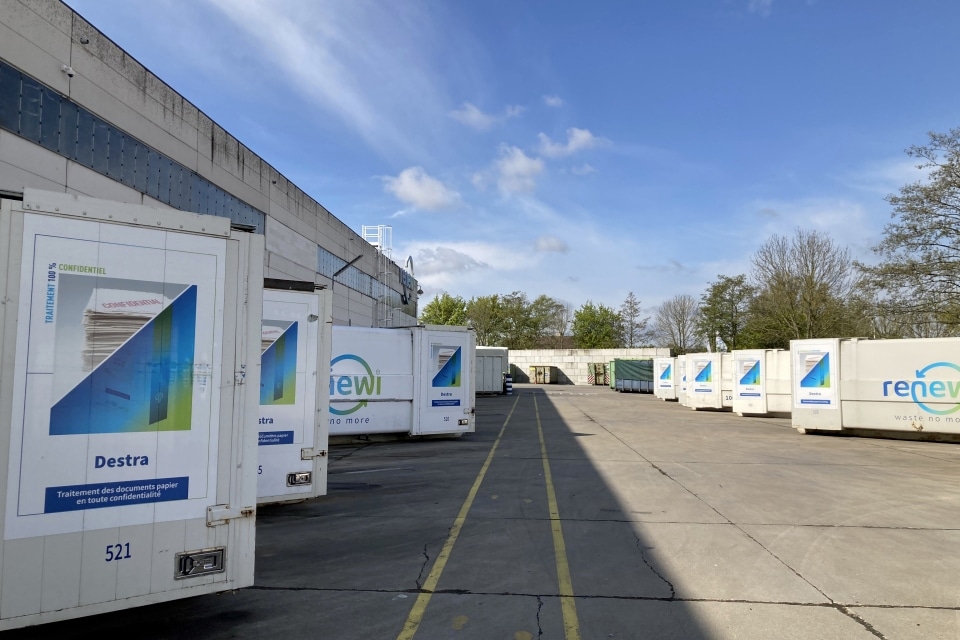
The Pen | Safety, you can't be open enough about that
When we look at security in our industry, I see a big difference emerging. A difference between safety in a fixed location, "inside the fences," and outside. Inside the fences, we have all made tremendous progress. Therefore, this world is more manageable than the world outside the fence. There the progress is too slow, for my liking. Although visibility has improved, I find that people quickly fall back into the old ways. Whereas inside the fences, calamities are mostly limited to minor accidents, we still see too many major incidents along the road.
Large companies make work of safety and can set aside larger budgets. For smaller companies this is more difficult, also the impact of an accident at a small company is much greater. The impact on operations and employees there is immediate, with the impact on staff being enormous. As mentioned, investing in safety is difficult for small businesses. Yet they often act as subcontractors on major works. All too often, we see companies quickly fall back on old laws. Roadside work is an interplay between road users and road workers. Incompetence of drivers and missteps of road workers combine to form a deadly cocktail of circumstances.
In construction, we have been recording a score of about 20 deaths annually for several years (according to Cobouw). This is already a lower number than before, however, the figure has completely stagnated. One handicap that comes with this is that accident learning is under pressure. The fear of putting all the investigation data associated with an accident out in the open is well established. This now has everything to do with the legal implications this transparency can have. Insurance companies claim to be able to assign blame. If everyone keeps the investigation data within their own walls with the same caution, we will never be able to draw a correct lesson from the incident in order to achieve an improved situation.
So the question is: With what groups do I share information resulting from a disaster investigation? What elements do you need now not only to learn, but also to accept the consequences? The GWW sector finds it difficult to turn consequences into actions and areas for improvement. Safety, enforcement and instilling safety awareness together form a complex triangle. Large companies do not have their subcontractors "on the ropes" properly for this reason. The only method to instill awareness remains strict enforcement, with consequences for those who do not comply. Workers should be allowed to call each other to account for unsafe behavior, since it not only harms yourself, but others as well.
Shall we agree with each other that by thinking better ourselves and preparing better together we will take safety awareness to the next level? Shall we agree to stop accepting excuses? Safety starts with yourself; either you work safely or you don't. Safety must be in our genes. From my position I will continue to develop improved safety, that is my promise.




